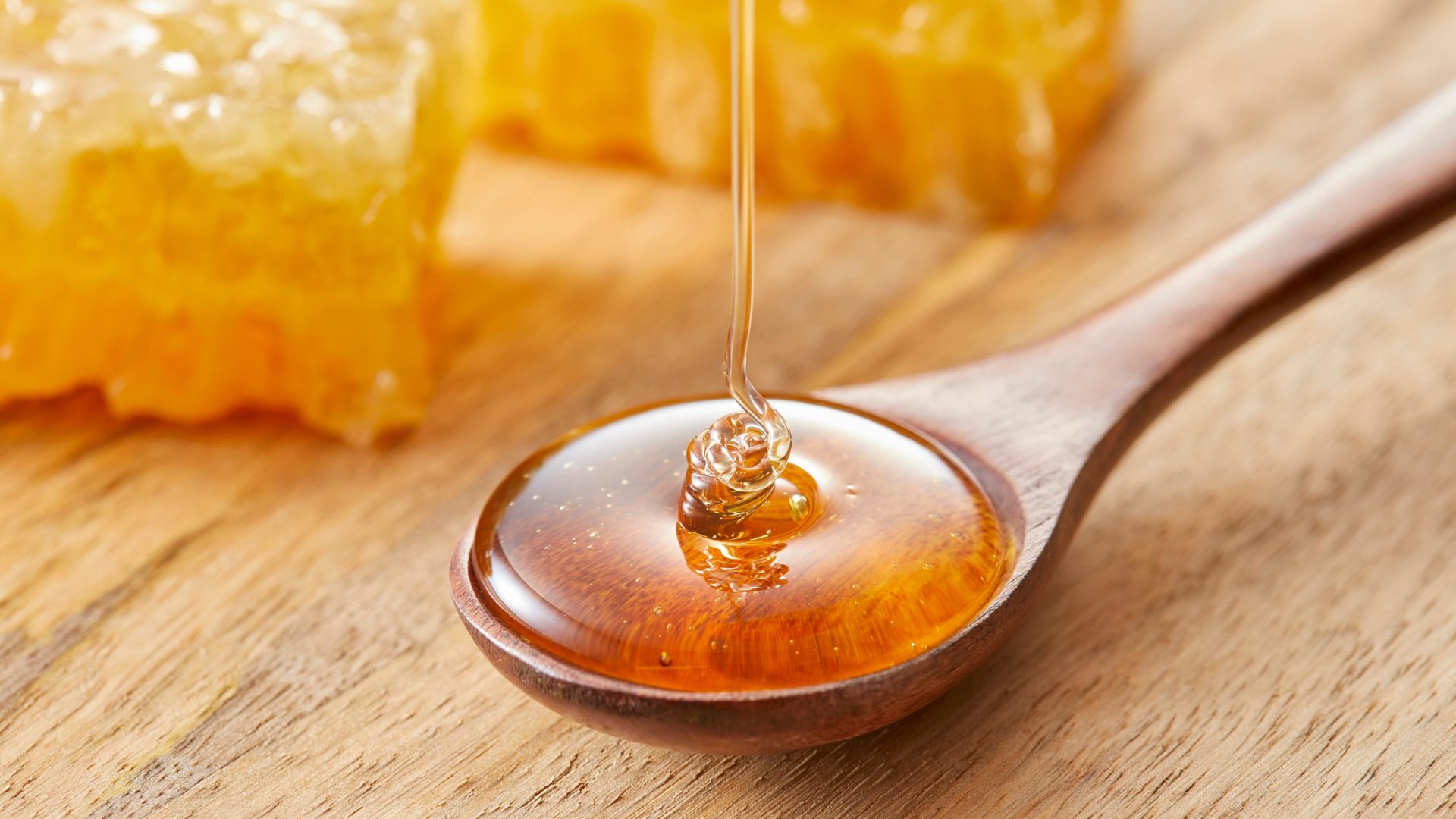
Honey is often celebrated as a natural sweetener with multiple health benefits. From soothing a sore throat to providing antioxidants, honey has become a staple in many households. However, not all honey is created equal. In fact, much of the honey available in stores may not be as pure or beneficial as you think. Understanding the differences can help you make healthier choices.
Table of Contents
Pure vs. Processed Honey
Pure honey comes directly from bees and retains most of its natural enzymes, antioxidants, and nutrients. On the other hand, processed honey is often heated and filtered, which destroys many of its beneficial properties. Additionally, some processed honey is blended with sugar syrups or artificial sweeteners, reducing its quality and health benefits.
Labeling Can Be Misleading
Many honey brands use terms like “organic” or “raw,” but these labels don’t always guarantee purity. Some products labeled as raw honey may still undergo pasteurization or blending. Therefore, reading labels carefully and researching brands is essential to ensure you’re getting authentic honey.
The Rise of Adulterated Honey
Adulteration is a growing problem in the honey industry. Unscrupulous manufacturers mix honey with sugar syrup, corn syrup, or other sweeteners to increase volume and reduce costs. Unfortunately, these practices are difficult to detect at home and can mislead consumers into thinking they’re buying pure honey.
Health Implications
Consuming adulterated honey can reduce its health benefits and potentially harm your health over time. Pure honey contains antioxidants, vitamins, and minerals that support immunity and digestion. In contrast, fake or diluted honey lacks these nutrients and may contribute to higher sugar intake, affecting blood sugar levels and weight management.
Tips for Choosing Real Honey
To ensure you’re buying authentic honey, consider these tips:
-
Check the source: Purchase from trusted local beekeepers or reputable brands.
-
Read labels carefully: Look for certifications like “100% pure” or “organic.”
-
Perform simple tests: For example, pure honey crystallizes over time, whereas fake honey may remain liquid indefinitely.
-
Observe taste and aroma: Pure honey usually has a distinctive aroma and complex flavor profile.
Honey can be a delicious and healthy addition to your diet, but it’s important to choose wisely. Not all honey is the same, and many products on the market may not offer the benefits they claim. By being vigilant, reading labels, and selecting trusted sources, you can enjoy the true goodness of honey without being fooled.


